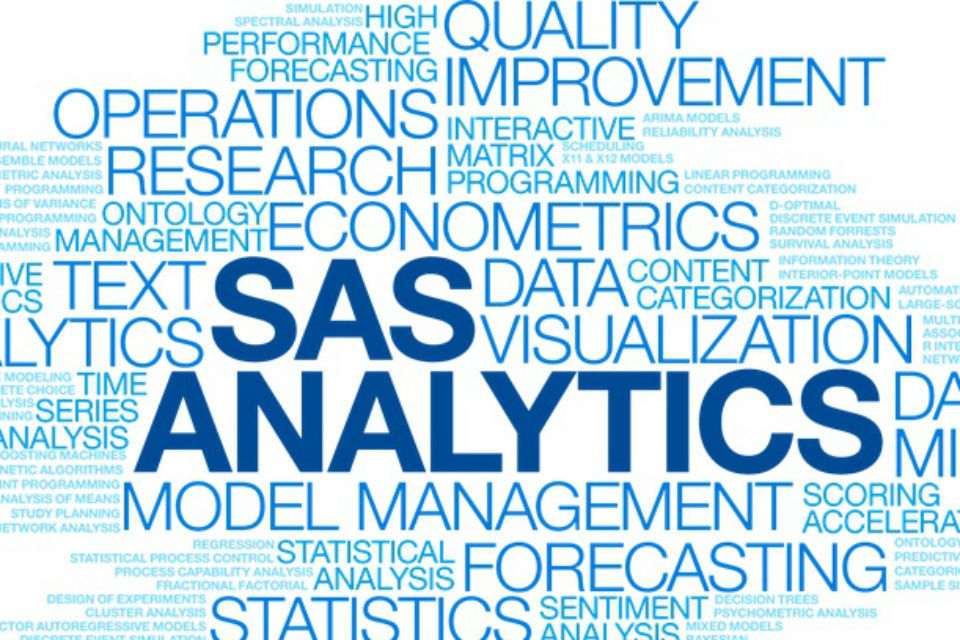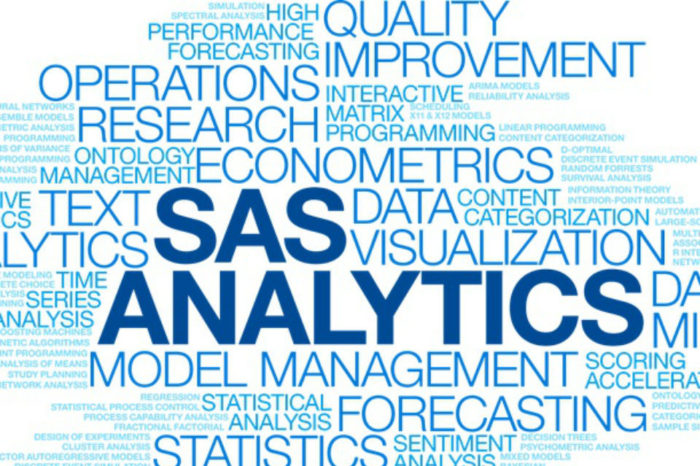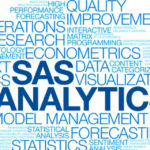Companies using Artificial Intelligence realize important savings, innovate faster

Most managers in large companies say they want to use advanced data analysis tools to remain competitive, according to a study by SAS, one of the world’s leaders in business analytics. However, more than two-thirds of respondents have not yet taken concrete steps in this direction.
From detecting bank fraud, predicting energy consumption, or interpreting medical diagnostics, advanced data analysis systems have become a necessity for many companies and industries. While Artificial Intelligence is a natural component in many business processes, businesses need to respond to challenges to stay innovative and respond to real-time customer needs.
“Companies are already making decisions based on data analysis, but there is no recipe to create smart organizations with advanced technology. Artificial Intelligence is no longer a niche phenomenon and I think it will grow more and more in the years to come in Romania,” says Stefan Baciu, Senior Sales Manager SAS Romania.
In this context, the company has organized a business forum where top specialists in data analysis from Romania and abroad have discussed successfully implementing Artificial Intelligence solutions and challenges to come in this specific area.
The event brought together representatives of companies such as UiPath, Vodafone, BRD, Raiffeisen, EON and Deloitte, who discussed the main trends in the industry. Topics included how the management of large companies must relate to digital, and what skills are needed in leading teams to build long-term competitive companies.
Nearly three-quarters of organizations (72 percent) claim that analytics help them generate valuable insight and 60 percent say their analytics resources have made them more innovative. This is despite only four in ten (39 percent) saying that analytics is core to their business strategy. A third of respondents (35 percent) report that it is used for tactical projects only. Despite acknowledged value – and most (65 percent) can quantify this – businesses are not getting the most out of their analytics investments. However, they are now pursuing rapid analytical insight as a priority as they push into emerging technologies like artificial intelligence (AI) and the internet of things (IoT).
Analytics is changing the way companies do business. This does not just apply to day-to-day operations; it also drives innovation. More than a quarter (27 percent) say analytics has helped launched new business models. There are many identified benefits of an analytics platform, the most common being less time spent on data preparation (46 percent), smarter and more confident decision-making (42 percent), and faster time-to-insights (41 percent).
The survey underscored a lack of alignment in the skills and leadership needed to maximize the potential of analytics. Many companies struggle to manage multiple analytics tools and data management processes. Views differ on the role of an analytics platform: most (61 percent) believe it’s meant to extract insight and value from data, but many are split on its other purposes or benefits such as better governance over data, predictive models, and open source technology. Fifty-nine percent believe another role of an analytics platform is to have an integrated or centralized data framework, while 43 percent believe it’s to provide modelling and algorithms for AI and machine learning.
The responses suggest that companies know analytics can help them, but they lack a clear and common understanding of the benefits of using a platform approach across the enterprise and the analytics life cycle. It would explain why few organisations have a suitable platform in place according to a SAS recent study. This revealed only a quarter (24 percent) of businesses felt they had the right infrastructure in place for AI, while the majority (53 percent) felt they either needed to update and adapt their current platform or had no specific platform in place to address AI.
(From the print edition)

















